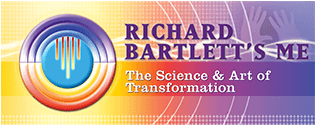
“The key is not to resist or rebel against emotions
or try to get around them by devising all sorts of tricks
but to accept them directly, as they are”Takahisa Kora, M.D
Person-centred therapy works on the assumption that people are capable of working out their own solutions, once they have gained recognition of their own potential to do so.
That no matter how defeated a person seems to be they are always fighting back and have the potential for success.
Depression, Anxiety, Stress and Spiritual problems can all be eased using a combination of treatments such as Counselling, Psychotherapy skills and especially Healing. Covid19 is causing more and more stress related issues for example.
See Covid19 page
It’s not that some people have more
willpower and some don’t,
It’s that some people are willing to
change and others are not.James Gordon M.D
The self is an organised, consistent, set of perceptions and beliefs about oneself. It includes my awareness of “what I am“,“what I can do“ and influences both my perception of the world and my behaviour.
The Counsellor attempts to understand and unravel the difficulties by perceiving reality through another person’s eyes. The Counsellor cannot decide the directions in which people should change and develop but should help clients explore their needs from their own point of view and discover their own directions.
The Therapist believes that all humans are innately good and that they are growth orientated. Unconditional positive regard or acceptance is the communication to the client, a deep and genuine caring for him or her as a person.
This caring is unconditional, in that it is not contaminated by evaluation or judgement of the clients’ feelings, thoughts or behaviour, be it good or bad. The message the Counsellor conveys to the client is “I accept you as you are”.
We have no need to teach pure motives to our mind. All that is necessary to make the mind pure is to undo the negative conditioning to which it has been subjected, then we will be left with pure, unconditional awareness.”
Eknath Easwaran
“Good friends are like stars,
You can’t always see them
but you know they are always there”
Author unknown
12th October 2008





